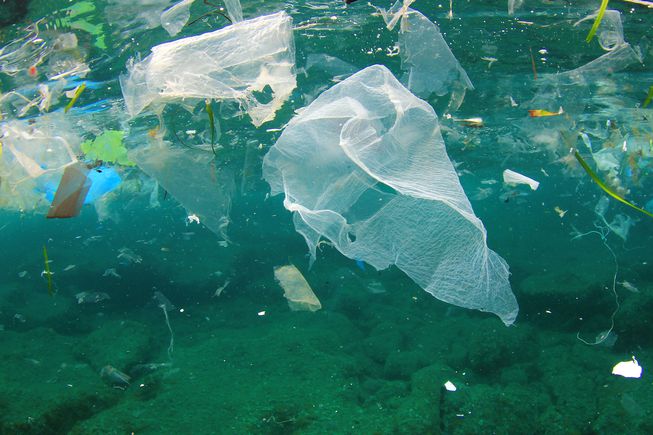Many people on this Earth Day are concerned about ecological and civilizational collapse. Some think it’s happening, and will spell our extinction as a species. Others think it can still be prevented. Few realize that self-knowing and psychological revolution are essential to humankind changing course.
Many thinkers intellectually understand that “the underlying disease is one of separation: separation of mind from body, separation from each other, and separation from nature.”
Rather than question the roots of separation within however, they offer half-baked philosophical diagnosis: “Humans, as essentially disconnected began in agrarian civilizations, was exacerbated with the Scientific Revolution, and has been institutionalized by global capitalism. That has set us on this current path to collapse.”
That’s misleadingly half true. The cognitive revolution of ‘higher thought’ is what gave rise, over thousands of years, to the present human crisis. Though the Agricultural and Industrial Revolutions (not to mention the Digital Revolution) were catalysts, the roots lie much deeper.

Even the mainstream media has jumped on the fatalistic bandwagon. A recent op-ed in the WAPO (Washington Post) goes all in: “The present’s contribution to posterity will be the 620,000 square miles of disposable floating plastic trapped in the North Pacific Gyre, with a half-life of between 450 and 800 years. In such conditions, the desire to see the world can only ever be the desire to see the world falling apart…I cannot think of anything to do with this world except to see it, to show it, even as it burns.”
That bracing bit of nihilism came after the writer confessed, “As I watched Notre Dame Cathedral burn on a live stream, my first thought, unbidden and grotesque, was that at least my son had a chance to see it.” Misanthropy grows in the darkness of abstraction.
Such self-centered resignation, such perverse detachment, is being passed from jaded fathers and mothers to their offspring. Why did the WAPO man have children?
Some hold out hope, refusing to see that hope is simply the flipside of despair. “There’s a possibility that the cognitive system transforms into a newly dominant paradigm—an ecological worldview that recognizes the intrinsic interconnectedness of all forms of life on earth, and sees humanity as embedded integrally within the natural world.”
“We [therefore] have a profound moral obligation to step up and rebel against the structures that are causing this harm… It’s a relay race against time in which every one of us is part of the team… our collective actions are ultimately what will create the future.”
That prescription is spiritually bankrupt, philosophically juvenile, and politically unworkable.
It’s pointless to say, “The meaning we derive from our existence must arise from our connectedness if we are to succeed in sustaining civilization: connectedness within ourselves, to other humans, and to the entire natural world.”
“Connectedness” is a worthless word. It upholds an illusory ideal, and offers no insight into the human condition and conundrum. It’s like the posters in Paris during COP21: “We are not fighting for nature. We are nature defending itself.”
That sounds wonderful, but it’s worse than empty tautology, since man is not nature, but has separated himself from nature.
Humans are separate from nature because we use the evolutionary adaptation of ‘higher thought,’ which gave us the ability to separate things from nature for use, without insight, thereby generating division and fragmentation.

This is why it’s deeply false to say: “Our Earth system is an emergent process derived from innumerable interlinking subsystems, each of which is driven by different dynamics. As such, it is inherently chaotic, and not subject to deterministic forecasting.” There is no chaos in nature, only in man, on this planet anyway!
Changing worldviews and paradigms is necessary, but no matter how accurate, they will not be sufficient to meeting the crisis of human consciousness.
We take self and time as taken as givens, but there is no self without psychological separation. And becoming, like gradualism and incrementalism, are illusions.
So can enough people feel the urgency of radical change, and give primacy to being over becoming, to ignite a psychological revolution now?
It begins within the individual—literally the undivided human being. Take at least 20 minutes a day to passively observe the inherently separative movement of thought/emotion within oneself in the mirror of nature. Doing so ends division and fragmentation at the root, and that affects the world, however imperceptibly.
No amount of “collective action” will change the course of humankind. A revolution at the core of human consciousness will however.
Each of us brings about psychological revolution in microcosm when we leave the stream of psychological separation, if only for a few minutes a day.
Martin LeFevre

